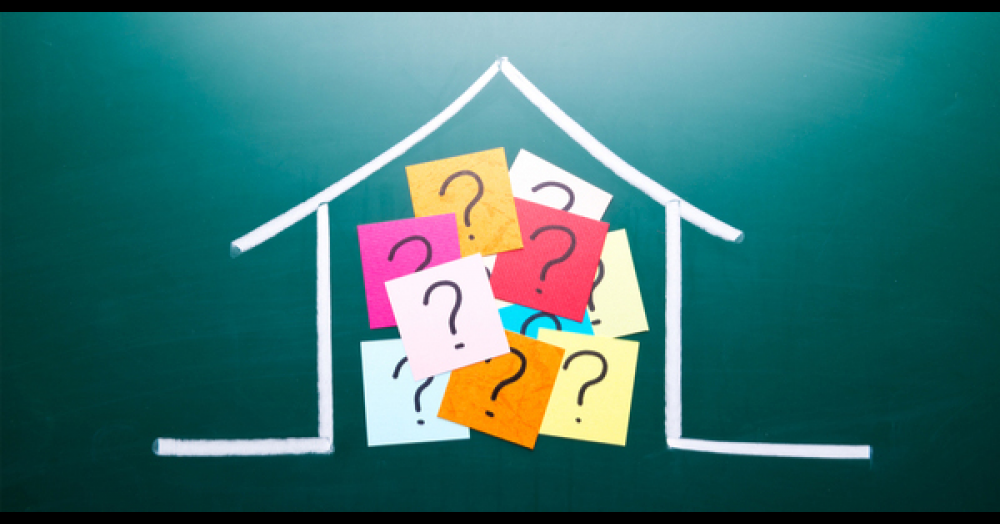
10 questions every buyer wants answered
Questions, Questions, Questions – we all have them but often they don’t get answered. Buying a home can be scary, stressful and confusing all at the same time, which in turn means hundreds of questions are probably rushing around the buyer’s head. Here, we take a look at the most common questions a potential homebuyer wants to ask …
Q1: What can I afford?
It’s important to calculate your finances before you start looking at properties as you could quickly become deflated when you realise you can’t afford them. Take into account your income and outgoings and meet with a mortgage advisor to discover the possibilities.
Q 2: Can I buy a home and sell my current one at the same time?
Yes but both have pros and cons. If you buy a home before selling, you will be financially stretched yet if you sell before you buy you will have to rent for a number of months. It’s best to weigh up the advantages and disadvantages and come to a decision yourself.
Q 3: How many homes shall I view before making a decision?
The Internet has allowed us to view homes online before choosing whether or not to visit them in person. This means that you can now view hundreds of properties from the comfort of your own home, instead of wasting time viewing houses, which aren’t right. The total number of viewings is completely up to you but bear in mind that when you see the right property, you’ll know. If you want to streamline the process then why not focus on a particular neighbourhood?
Q 4: How was the asking price determined?
It is important to look at the market and decipher how much similar properties in the same area have recently sold for. A number of sellers will set the asking price too high so do your research!
Q 5: What is an acceptable offer on a property?
Knocking 5% off the asking price won’t usually have a negative impact but if a property has been on the market for a long time, then you could venture lower.
Q 6: What if I change my mind?
Don’t worry – buyers can always back out of a deal before contracts have been exchanged. Until they have been exchanged, you are under no legal obligation to buy however if you want to pull out after this stage, then there will be legal implications.
Q 7: What is best – renting or buying?
Buying is a long-term investment but renting can be the best option for some – depending on circumstances. Before you decide to buy you should ask yourself some questions – how long do you plan on staying there? Are you ready for the responsibility? Are you buying alone or with a partner and if so, is the relationship secure? Whilst it is a great option, buying is not for everyone.
Q 8: Why is the seller selling and how long has the property been on the market?
This question is used to delve into the sellers mind. If the property has been on the market for a long time then naturally people will wonder if there is something to worry about. Every buyer wants to know why the seller is selling but unfortunately they don’t have to tell you anything. As a buyer you can’t assume that the seller’s reason to leave is going to make them reduce the price.
Q 9: Is a new home better than an old building?
No, both old homes and new homes have their advantages and disadvantages but it depends on your personal preference. Whilst old houses are full of character with new builds, you often get the opportunity to choose your own colour scheme, appliances and finishing touches. New homes are also often energy efficient which for older properties would cost hundreds to do. However, new build homes have to follow strict guidelines and often look very similar whereas unique older homes can be steeped in history. Overall, it depends on you and your taste.
Q 10: What happens after an offer is accepted?
After your offer is accepted, a survey will be done to ensure there aren’t any problems with the house. Then, you’ll need to tell your mortgage lender that you are going ahead. If any problems arise from the survey, the vendor will either fix it or the price will be negotiated to cover the cost. You will also need a solicitor to manage the legal aspects.
Buying a property is a constant learning curve but being well prepared and well educated can make all the difference. Finally, it’s important to remember that there aren’t any stupid questions because ultimately, these questions are helping to make your final decision. If you are thinking of buying a property, then please get in touch today.